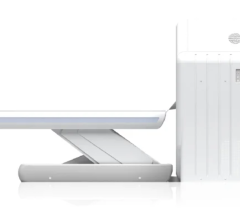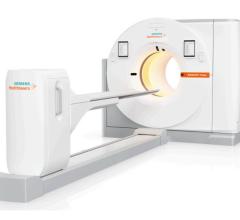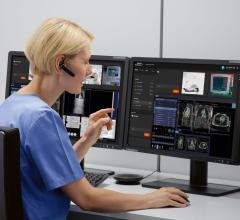July 9, 2007 - A study published in the Journal of Nuclear Medicine reports that current PET-CT scanners with standard commercial software designed to provide images of the heart falsely indicated coronary artery disease in as many as 40 percent of 259 patients.
Lead author K. Lance Gould, M.D., professor in the Division of Cardiology at The University of Texas Medical School at Houston, said that an erroneous basic concept in the software functions make the PET-CT scanners prone to generating false-positive results. According to Gould, the commercial software does not account for movement in the lungs and heart while the patient is breathing during the test, and the PET and CT images don’t always co-register.
"Consequently, the images have big holes or gaps where the processing is incorrect in areas where the PET and CT data fail to match," Gould said. "It looks like someone has severe disease."
In 23 percent of patients participating in the study, there were severe false abnormalities suggesting heart disease, for which Gould ran additional tests to confirm his suspicions of the inaccurate results.
For more information: www.jnm.snmjournals.org


 October 30, 2025
October 30, 2025 









